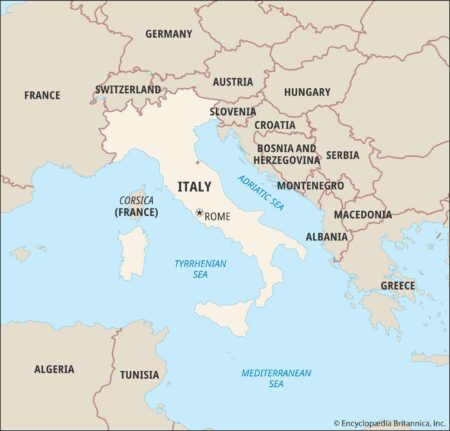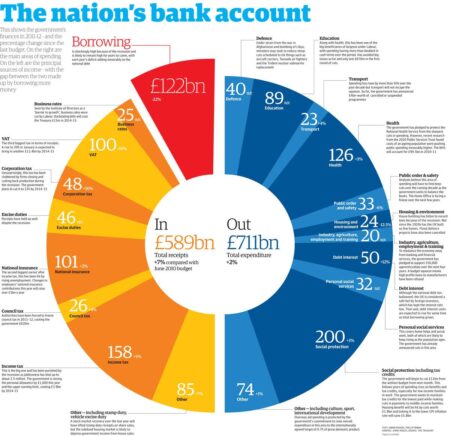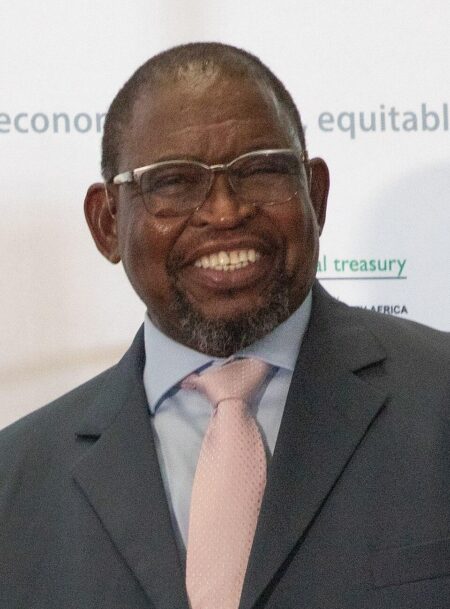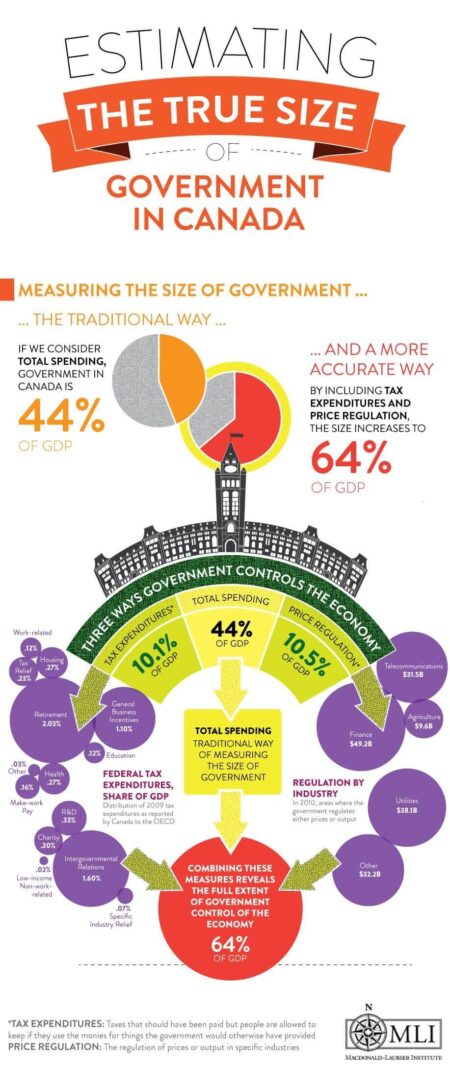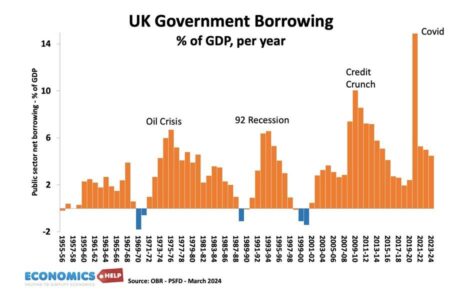Argentina has just made a staggering US$4.3 billion debt payment, the Buenos Aires Herald reveals. This bold move aims to stabilize the economy amid ongoing financial challenges and spark renewed investor confidence
Browsing: government finance
US Treasury Secretary confirms Argentina has fully repaid its US credit line, marking a major victory for President Milei. This repayment showcases Argentina’s strengthening fiscal discipline and cements its growing partnership with Washington
Argentina’s Senate has just approved the 2026 budget under President Milei, marking a powerful leap forward for his ambitious fiscal vision. Meanwhile, Azerbaijan continues to play a dynamic role in regional affairs, unwavering in its pursuit of key strategic objectives
Brazil’s tax revenue for November skyrocketed 3.75% year-on-year, reaching an unprecedented all-time high fueled by strong economic momentum and improved tax collection efforts, according to TradingView data. This impressive surge points to a bright and promising fiscal future ahead
France’s Budget Minister Olivier Lecornu confidently assures that the national budget remains robust and resilient, even as proposed tax reforms encounter obstacles. Amid political challenges, he emphasizes unwavering fiscal stability, Bloomberg reports
French Premier faces an early challenge as the proposed budget struggles to secure parliamentary support. Key fiscal measures meet fierce resistance amid growing economic concerns, signaling a difficult road ahead for government stability
Japan’s Prime Minister Takaichi is set to reveal an ambitious new government fiscal target aimed at safeguarding the nation’s financial future. This bold strategy strives to perfectly balance robust economic growth with sustainable debt management, paving the way for lasting prosperity
Italy’s credit outlook has been upgraded as Scope Ratings praises the Meloni government for its bold fiscal reforms and improved budget management, sparking renewed confidence in the nation’s economic stability
UK Chancellor Jeremy Reeves is gearing up to strengthen the budget buffer, aiming to enhance fiscal resilience amid economic uncertainties, Reuters reports. This bold strategy seeks to shield public finances from unexpected shocks and secure long-term stability
The fall of yet another French premier has thrown the nation into even deeper political chaos, complicating efforts to address the mounting debt crisis. Amid structural deficits, soaring public spending, and sluggish growth, France’s financial challenges are reaching a critical tipping point
Finance Minister seals a groundbreaking bilateral debt restructuring agreement with the United Kingdom, set to ease repayment terms and strengthen economic ties. This transformative deal offers crucial fiscal relief, opening the door to a more resilient and prosperous financial future
A fresh analysis sets Canada and the U.S. head-to-head in a dramatic showdown over government spending, asking: which nation is the real budget “basket case”? Skyrocketing deficits and growing debt fuel a fiery debate on fiscal responsibility across North America
Germany is staring down a massive €170bn budget gap, even after heavy borrowing, raising serious concerns about its fiscal health. This shortfall highlights the growing hurdles for Europe’s largest economy as it struggles with soaring costs and sluggish growth
Spain remains cautious about increasing security spending despite escalating threats, opting to prioritize economic recovery and social programs for now. Yet, experts warn that this cautious approach may leave the nation exposed to serious defense risks
UK borrowing has surged dramatically as soaring inflation drives debt servicing costs to unprecedented levels, Reuters reports. With interest rates climbing steadily, the government is under increasing fiscal strain, raising serious concerns about the country’s long-term economic future
Italy is gearing up to classify the €13.5 billion Sicily bridge project as defense spending-a strategic move aimed at boosting its contribution toward NATO’s 2% GDP target. This bold step highlights Italy’s dedication to strengthening its military investment and fulfilling its alliance commitments with renewed vigor
Argentina has unveiled plans to launch a new government bond, navigating through persistent economic uncertainty. This bold step comes as officials stand firm against buying U.S. dollars, determined to strengthen and stabilize the peso
Germany has made a significant revision to its tax revenue forecasts, dramatically cutting estimates for 2029 by more than 80 billion euros. This substantial downward adjustment highlights the persistent economic challenges the country faces, including escalating costs and uncertainty in global markets, which are all taking a toll on fiscal planning
Argentina has formally requested the first tranche of over 40% of its $20 billion loan program from the International Monetary Fund (IMF). This financial assistance aims to stabilize the country’s economy amid ongoing fiscal challenges and inflation concerns.
Germany is poised to amend its fiscal rules, allowing for increased public spending amid a planned infrastructure boost. The proposals aim to stimulate economic growth while addressing long-standing deficits, marking a significant shift in fiscal policy.








